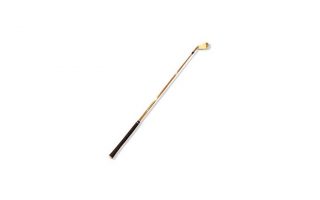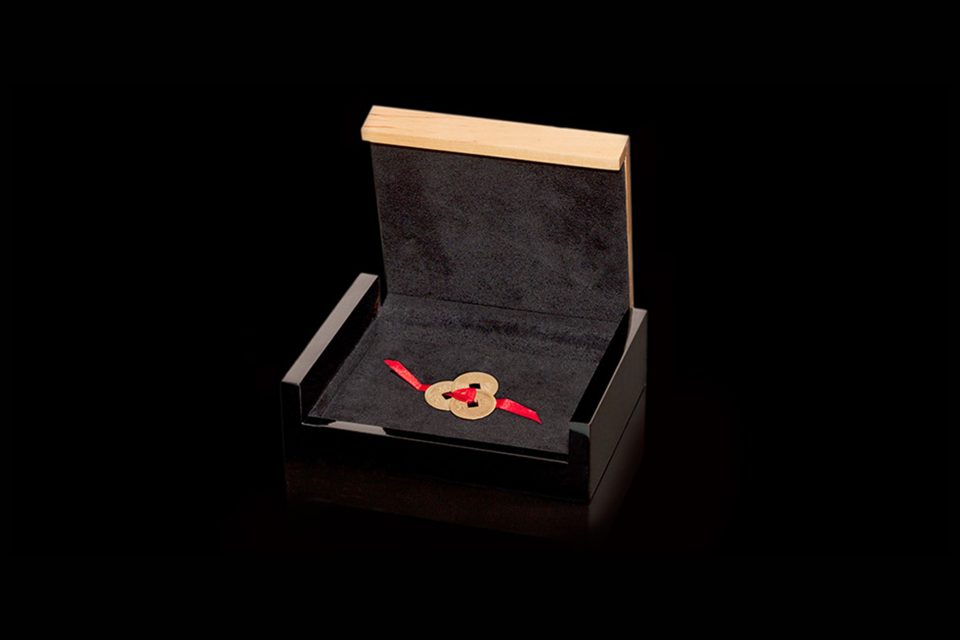London Gold Market Report
London Gold Market Report
by Adrian Ash
Thurs 12 July, 07:25 EST
“Disappointment” Over Fed Minutes Sees Gold, Silver at 2-Week Lows, But “More QE Ultimately Due”
The WHOLESALE BULLION gold price continued to weaken Thursday morning in London, dropping to new 2-week lows beneath $1565 per ounce on what analysts called “disappointment” over the latest monetary policy minutes from the US Federal Reserve.
Asian and European stock markets fell hard, while wheat and corn prices again bucked a further drop in the commodities market.
Following the US Fed minutes – which showed only a “few” policy-makers wanting to expand the central bank’s quantitative easing money creation scheme – the Euro currency today dropped to its lowest level since June 2010 below $1.21.
Silver bullion also gave back the last of July’s rally to date, trading down to $27.75 per ounce.
“We are still confident that the current slide in the price of gold is nothing more than a temporary weakness,” writes Commerzbank’s head of commodity research Eugen Weinbergin Frankfurt today.
“The high levels of uncertainty resulting from the ongoing sovereign-debt crisis in the Eurozone clearly suggest a much higher gold price.”
“We think that $2000 an ounce is sort of the right number,” said Bank of America-Merrill Lynch’s head of global commodity and multi-asset strategy research Francisco Blanch to CNBC on Wednesday, forecasting a further $500 billion of US quantitative easing by year-end.
“We believe that ultimately the Fed will be forced to do quantitative easing. If it happens in September, as our economists expect, we will get a rally sooner in gold.
“Probably we will touch $2000 an ounce sometime next year.”
Longer-term, however, other analysis from Bank of America-Merrill Lynch now recommends selling gold, not buying it, as “a secular contrarian” strategy.
“[You] should be buying equities, European assets, Japan and financial & telecom stocks and selling gold, bonds, emerging markets and resources and consumer staples stocks,” says June’s Longest Pictures report from Michael Hartnett, chief global equity strategist.
Credit Suisse and BMO Research yesterday joined the growing move to cut commodity-price forecasts for 2012 and beyond, with the Swiss investment predicted only “a modest recovery in the second half of the year” and the Canadian financial services firm lopping 10% off its broad prediction for raw material costs.
“The bear market [in mining equities] has intensified with a vengeance,” says BMO Research, adding that late-2012 should see gold trade at $1600 per ounce rather than the previous forecast of $1700.
Even so, “The prevailing economic environment remains supportive for the gold price with the European sovereign debt crisis and wealth preservation demand playing on the upside, while weaker Indian jewelry demand weighs on the downside of the metal.”
Today in Kolkata, “There is a slight pick-up [in demand to buy gold ],” said one jewelry wholesaler to Reuters, “but this will taper off in a few days” unless local prices continue to ease from their recent record highs.
“The strong US Dollar makes local [gold] prices, such as in Indonesian Rupiah, not very attractive,” agrees a Singapore bullion dealer, also quoted by the newswire.
Asian premiums on 1-kilo gold bars – over and above the world’s benchmark London prices – have continued to firm, however, reaching $1 per ounce in Singapore and up to $1.40 in Hong Kong, a rise of more than 50% from the start of July.
China’s 2012 demand to buy gold may reach 900 tonnes, and so account for one ounce in every 5 sold worldwide, says Philip Klapwijk, head of Thomson Reuters GFMS, launching the consultancy’s Chinese language edition of Gold Survey 2012 this week.
“China not only remained the largest gold producer in the world in the first quarter but also became the top gold jewelry market in the world for three consecutive quarters,” notes Albert Cheng, managing director Far East for market-development organization the World Gold Council, also quoted by the People’s Daily Online.
Officially, China’s inflation rate slowed to 2.2% per year in June, and “The falling inflation rate will create more room for policy easing to bolster economic growth and would be positive for gold investment,” reckons senior analyst Su Yanbo at research agency Baiinfo in Beijing.
“Gold prices are expected to rebound in the second half of the year.”
Last week the People’s Bank of China surprised analysts by unexpectedly cutting interest rates in the world’s second-largest economy.
Neighboring South Korea today did the same, taking the Bank of Korea’s target rate down a quarter-point to 3.0% “to help the South Korean economy return to a long-term growth trend,” according to governor Kim Choong-Soo.
Here in London, Barclays Capital meantime cut its US economic growth forecast from 2.5% to 1.5% for the second quarter.
Deutsche Bank has also cut a full percentage point of its GDP forecast for the United States, taking it down to 1.4%.
Adrian Ash
Gold price chart, no delay | Buy gold online at live prices
Adrian Ash is head of research at BullionVault, the secure, low-cost gold and silver market for private investors online, where you can buy gold today vaulted in Zurich on $3 spreads and 0.8% dealing fees.
(c) BullionVault 2012
Please Note: This article is to inform your thinking, not lead it. Only you can decide the best place for your money, and any decision you make will put your money at risk. Information or data included here may have already been overtaken by events – and must be verified elsewhere – should you choose to act on it.













